FRI 28.6.2019, 19:00–22:30@ALMS Conference, Haus der Kulturen der Welt
Chair: Klaus Mueller, Salzburg Global LGBT Forum
Section 1 [65 mins.]
Slay [Cha Roque, Philippines, 2017, 14 mins., Filipino with English subtitles]
Lam [Bao-Chau Nguyen, Vietnam, 2018, 13 mins., Vietnamese with English subtitles]
Afterimages [Karol Radziszewski, Poland, 2018, 15 mins.]
24 Hitchhikers [Paul Detwiler, USA, 2013, 5 mins.]
Family is … [Klaus Mueller, Germany, 2017, 17 mins.]
20:15–20:30 BREAK
Section 2 [110 mins.]
En armé av älskande/An Army of Lovers [Ingrid Ryberg, Sweden, 2018, 72 mins.]
Die Sammlung Eberhardt Brucks: Eine Sammlung des Schwulen Museums, Berlin [Kevin Wrench & Andrew Franks, London/Berlin 2011 [English version, Berlin 2012], 20 mins.]
Blue Boy [Manuel Abramovich, Argentina/Germany, 2019, 19 mins., Winner – Silver Bear @ Berlinale]
Detailed information about the Films
Slay Cha Roque, Philippines, 2017, 14 mins., Filipino with English subtitles
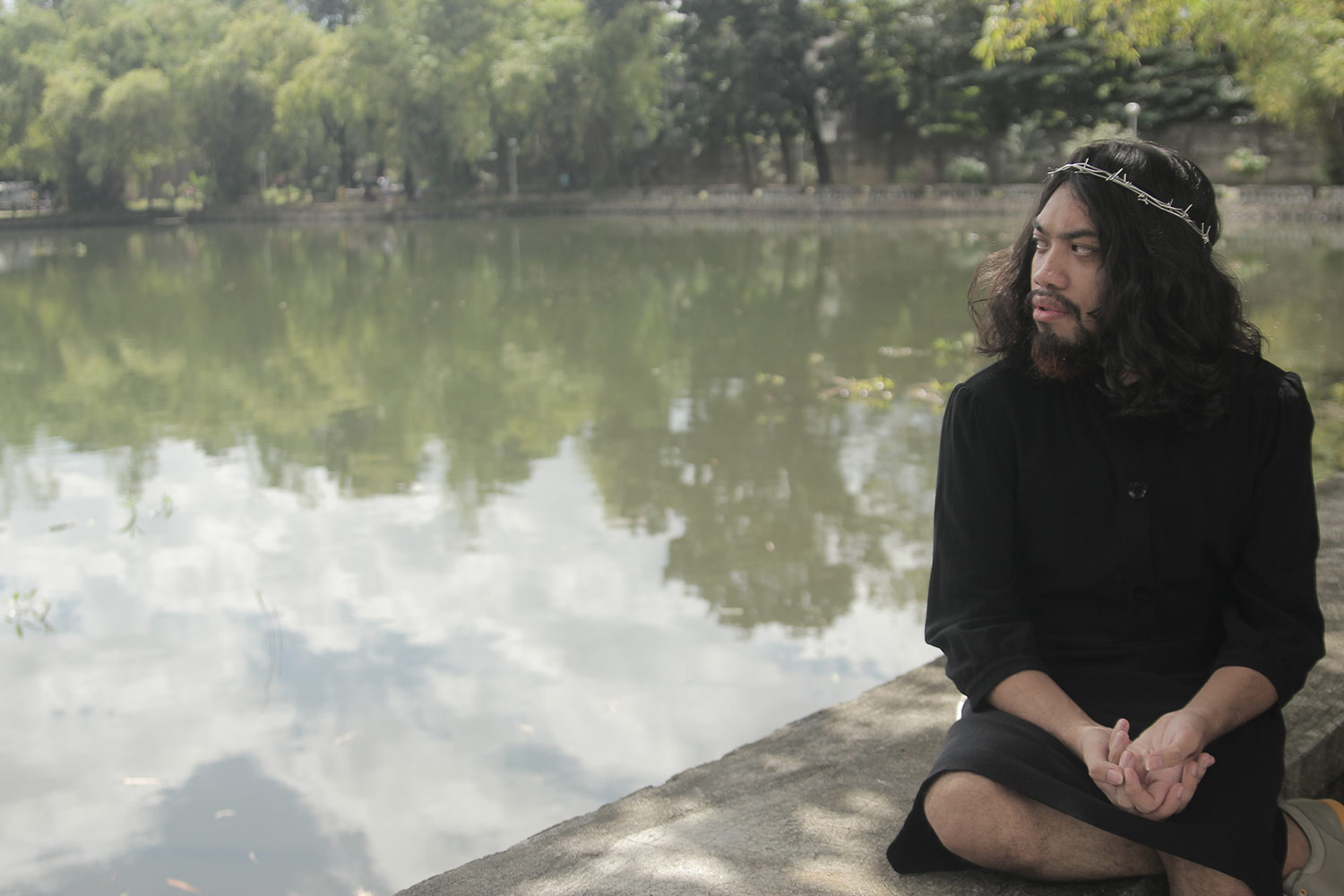
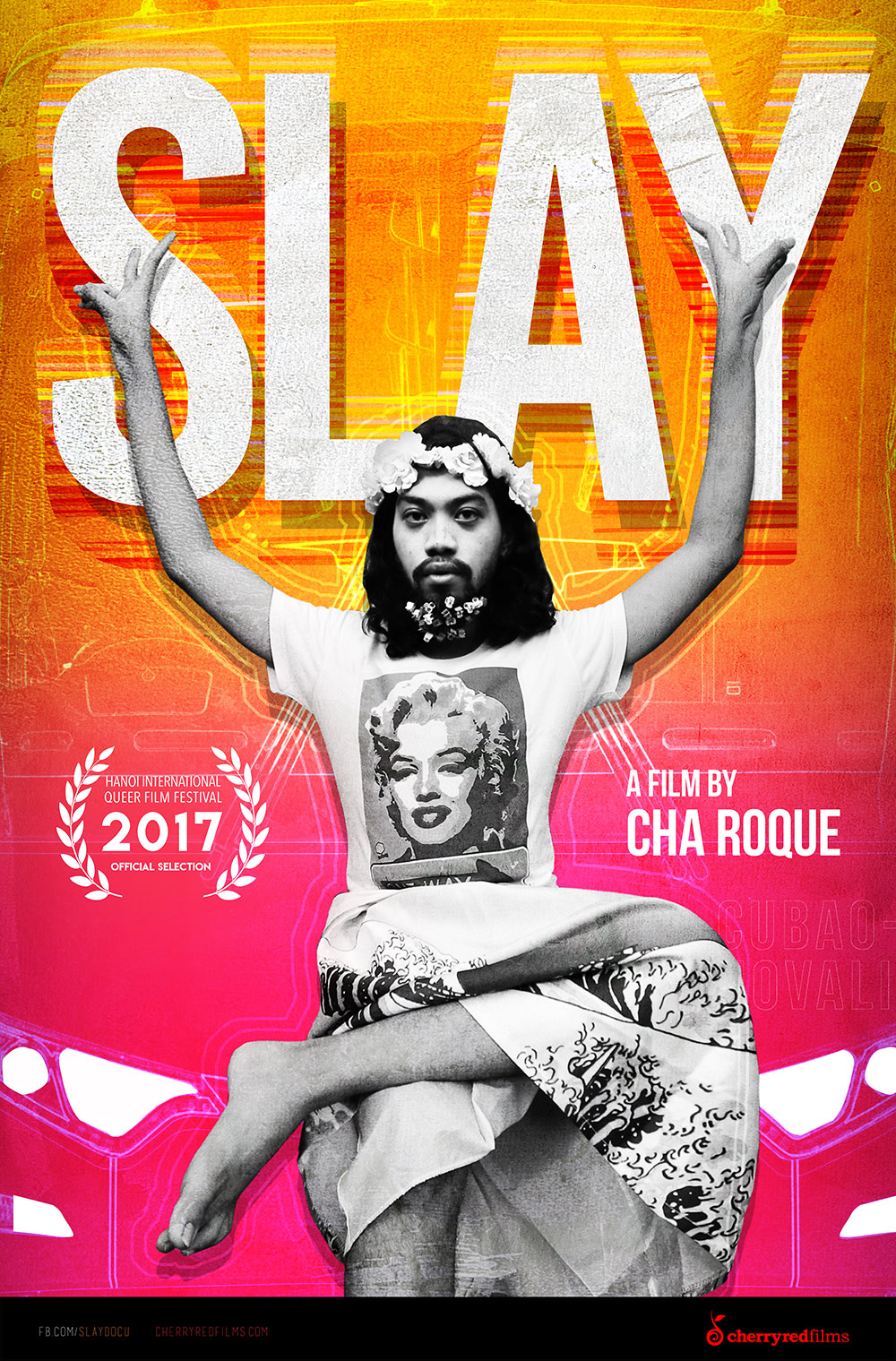
SYNOPSIS
Slay features the story of Floyd Scott Tiogangco, a homosexual trans-androgynous gender-queer Filipino performance artist. He is often judged and denied entry to public vehicles and establishments just because of his unique sense of style.
This documentary explores how gender expression is also grounds for discrimination in the Philippines, and how the idea of sexual orientation often comes with a boxed expectation of how a person’s gender expression should be.
Watch the trailer here.
Lam Bao-Chau Nguyen, Vietnam, 2018, 13 mins., Vietnamese with English subtitles
SYNOPSIS
The film is the coming out journey of Lam, an ethnic minority transgender woman. Born and raised in a small village in the mountainous area of Vietnam, Lam has always found herself as a girl/woman since she was a small child. At the age of 18, she went to Hanoi, the capital city for college and started her social gender transition (changing in the way she dresses, make-up, …). She grew her hair long and wear the female outfit every day to school, but she had to change back whenever she came home. The film was the first time she dressed as a woman back home, and the reaction of the Vietnamese ethnic minorities, who have always been considered to be undeveloped or to have limited access to information, might surprise you.
After the film, Lam has become more and more confident. Now she is a famous model and catwalk trainer in Hanoi after she won many beauty contests. However, sadly, after her coming out, there was some time, when she came back home, some guys in the neighborhood tried to sexually harass her. But luckily, our girl is strong and brave and that helped her got out of that situation safely.
Afterimages Karol Radziszewski, Poland, 2018, 15 mins.
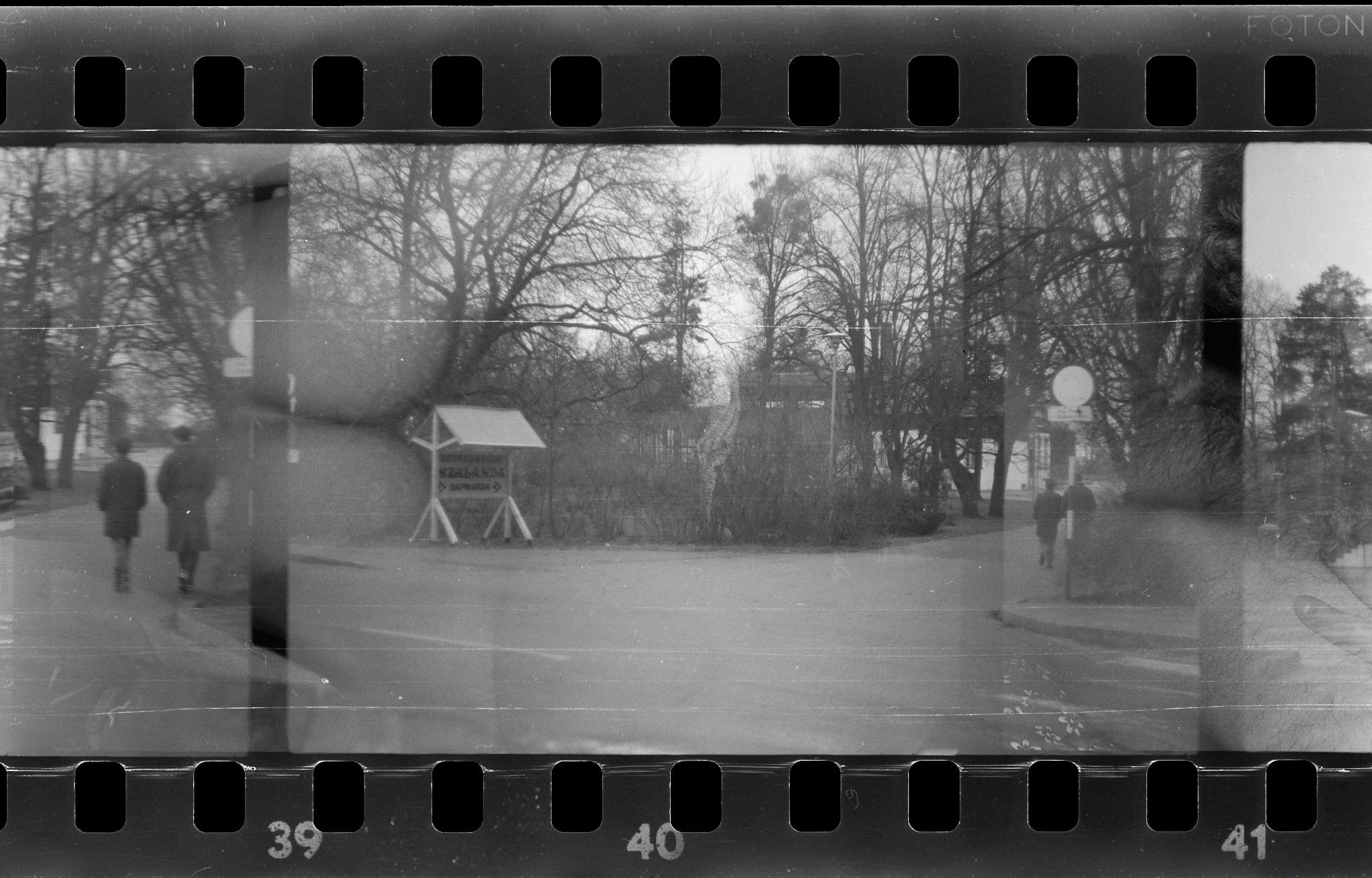
SYNOPSIS
‘Afterimages‘ is a short story about one plate from the archive of Ryszard Kisiel, the creator of ‘Filo‘ – one of the first queer zines in Central and Eastern Europe. The evoked negative from the end of the ‘80s is the starting point for both Kisiel’s personal history and the portrait of the gay scene of the late Polish People’s Republic.
In his work, Karol Radziszewski is often based on archives, and in his methodology various cultural, historical, religious, social and gender references intersect. The artist has been working on the archives of Ryszard Kisiel since 2009, which such resulted as his film ‘Kisieland’ (2012).
24 Hitchhikers Paul Detwiler, USA, 2013, 5 mins.
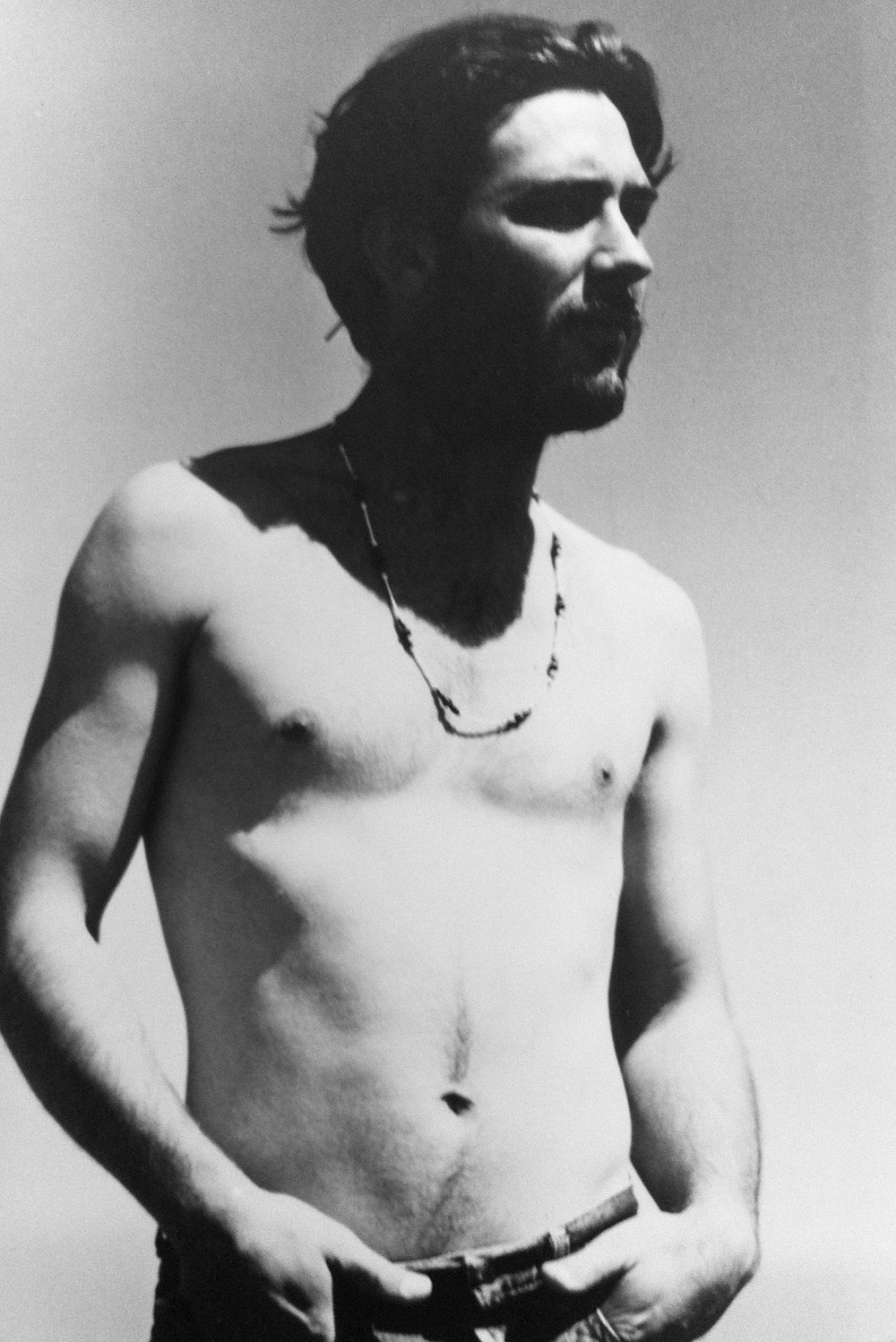
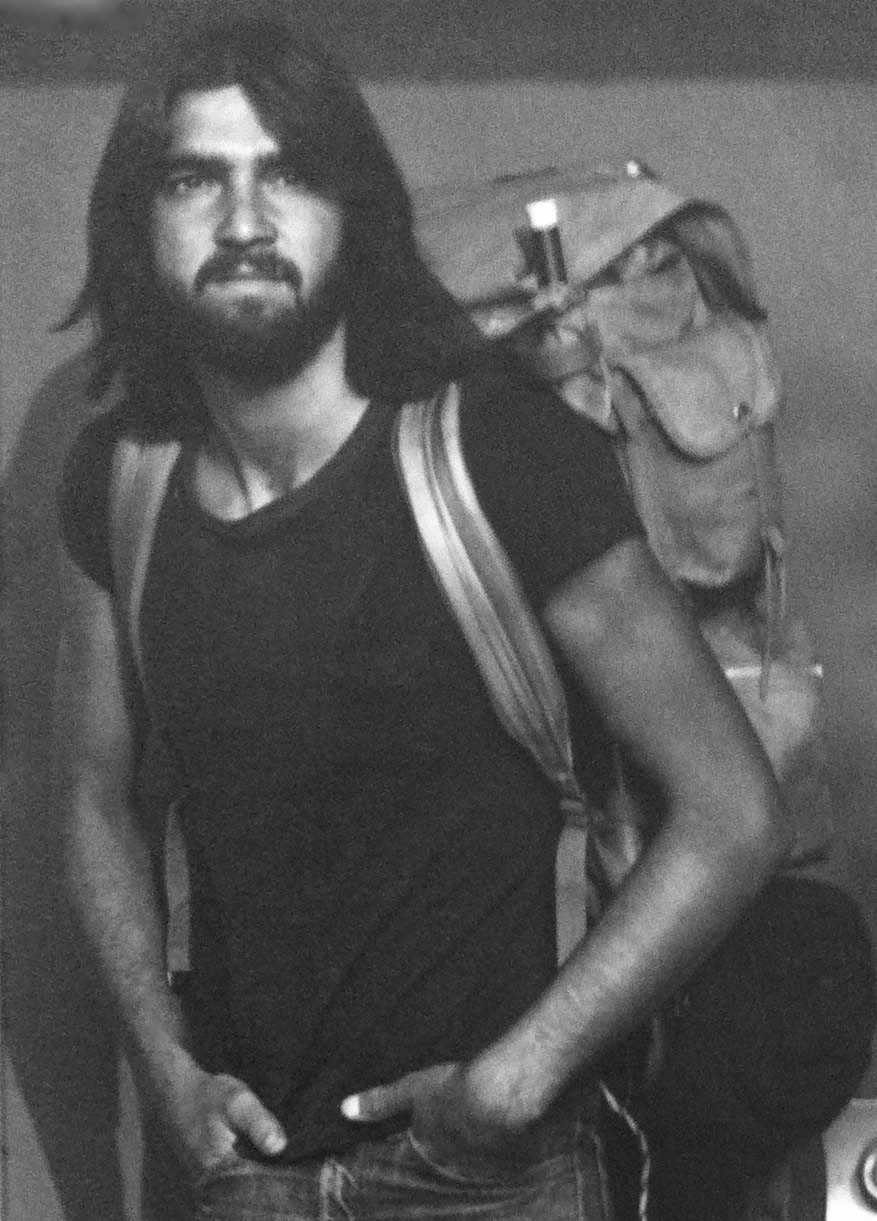
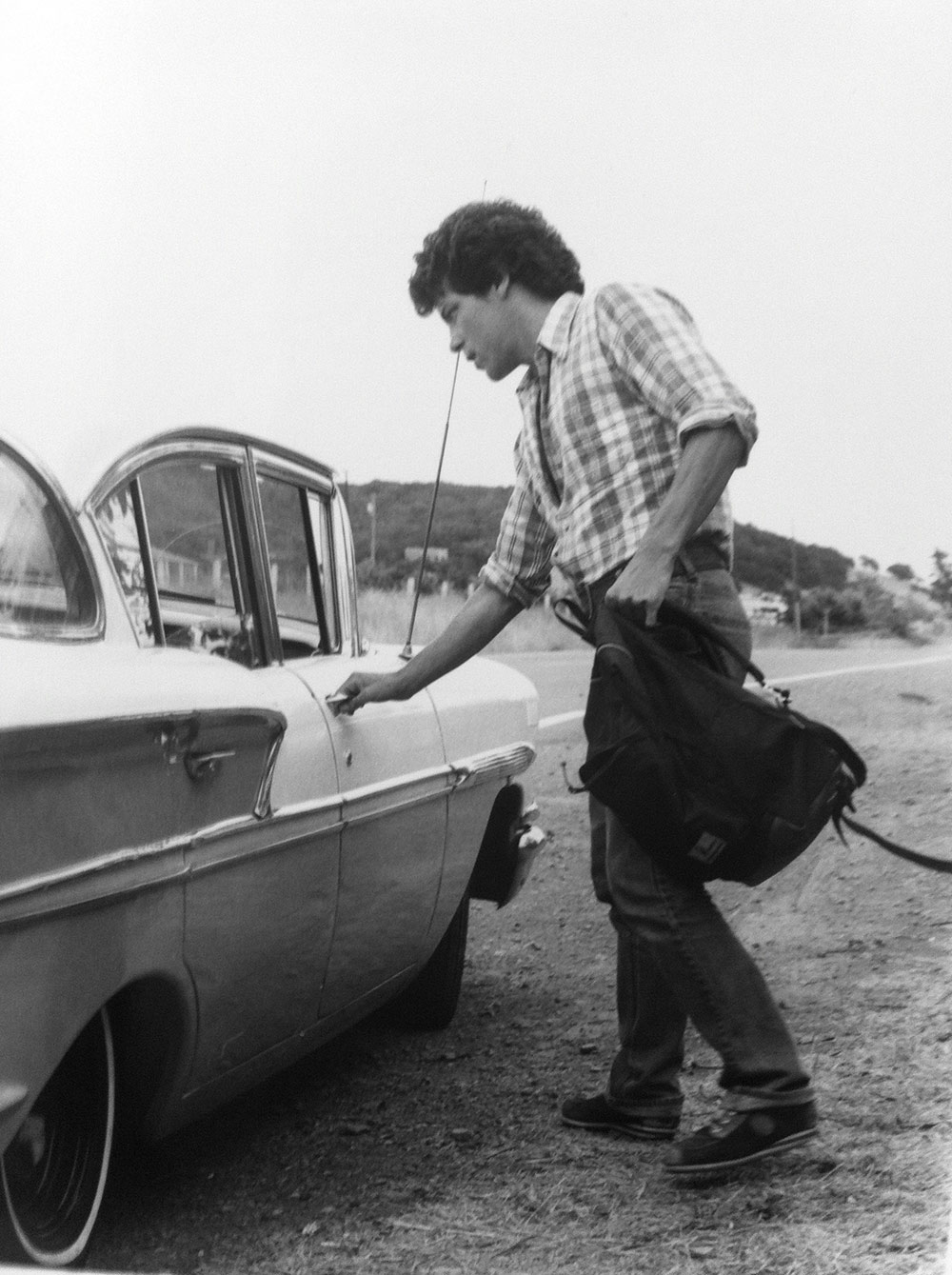
SYNOPSIS
During the 1960s and 70s, a closeted scientist at the U. S. Atomic Energy Commission befriended dozens of hitchhikers along the Pacific Coast Highway between Venice Beach and Santa Barbara. He invited many of those men into his home to model before his camera, and their long-concealed images, rediscovered in the ONE National Gay and Lesbian Archives, provide a glimpse into those bygone encounters. The work is a bittersweet stream-of consciousness meditation on longing, transformation, and fleeting intimacies between men at a particular point both in their lives and in American history – when the open road promised a journey of personal re-invention and discovery.
The film begins with footage from a vintage adult movie. The narrator’s voice represents the musings of the photographer, now deceased, who shot the photos of the hitchhikers seen in the film. As the historic images fade in and out in a voyeuristic montage, the narrator muses on his attractions, motives, and questions for those men. Modern footage shot in a stylized super-8 look represents the narrator’s flashes of memory recalling one of the many models he photographed. An onscreen poem by Rainer Maria Rilke is presented in a musical interlude. As the narrator/photographer poses his final questions collectively to his wandering beaus, we as the audience are left to consider what might have become of the young men, and how they may have been transformed by those brief but compelling encounters, so long ago.
Family is … Klaus Mueller, Germany, 2017, 17 mins.
SYNOPSIS
‘None of us come from families that were prepared for us.’ (Klaus Mueller, Founder and Chair, Salzburg Global LGBT Forum)
Family is a fundamental human condition. It is also a fundamental human right. All of us long to feel at home with the families of our birth, in the families of our choice, and in the families we raise. But how do we narrate our own stories of family? Since its foundation in 2013, Salzburg Global LGBT Forum has focused on the realities and experiences of families and their LGBT children, and especially the consequences of exclusion and discrimination. In 2015, with the support by the German Ministry for Family Affairs, Senior Citizens, Women & Youth, the Forum launched a three-year video project called ‘Family is …?’. We interviewed our Forum members – a network of leaders coming from more than 70 countries – about their personal experiences of acceptance, silence and exclusion in their families and ways to heal and protect families in all their shapes and forms. This film portrays the complexities of our lives and hopes to support a global conversation on inclusive families.
You can watch the video here.
En armé av älskande/An Army of Lovers Ingrid Ryberg, Sweden, 2018, 72 mins.
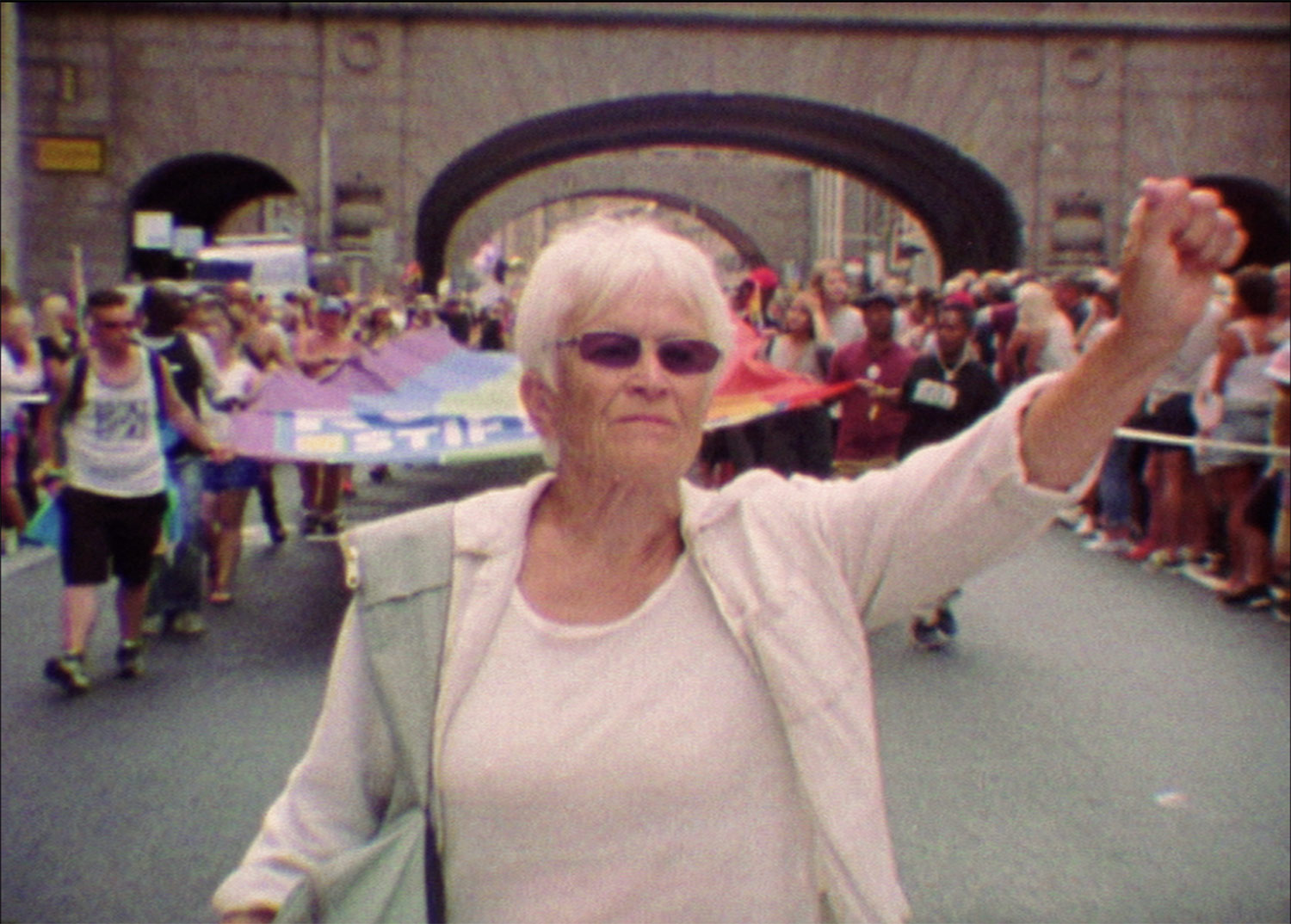
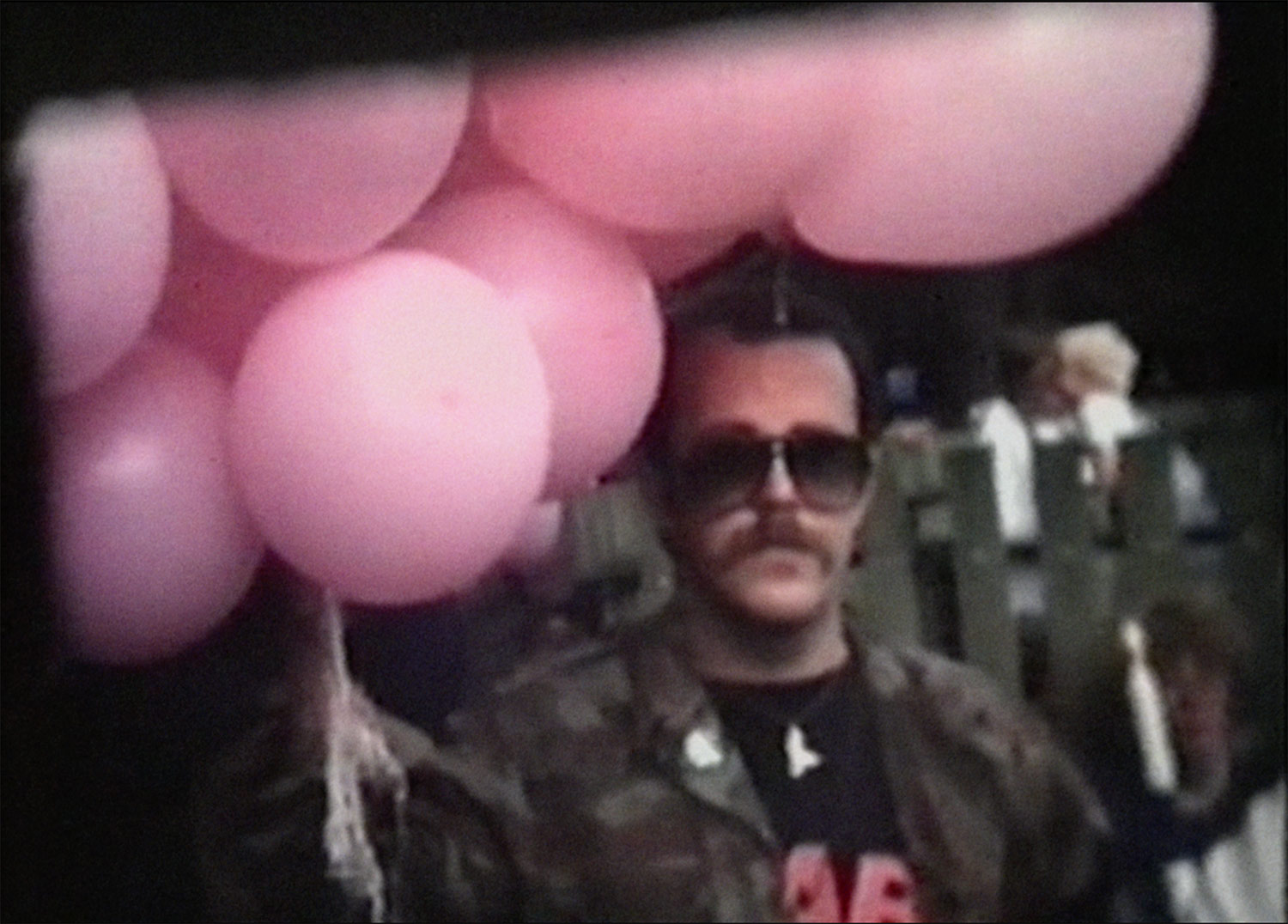
SYNOPSIS
En armé av älskande/An Army of Lovers is a documentary about queer filmmaking as a crucial part of the gay liberation movement in Sweden in the 1970s. In 1977, the same year that the first liberation march paraded through Stockholm, three pivotal queer films began production: Bögjävlar/Damned Queers, Kvinnan i ditt liv är du/The woman in your life is you and Eva & Maria. For the first time, open lesbians and gay men were granted public funding for depicting their own realities, stories about finding love and community and confronting society’s rampant homophobia and traditional gender roles. In this documentary, rich archive is brought to life and recharged with urgency in dialogue with newly shot documentary scenes and interviews with the film activists of the 1970s, capturing the strength and magic in creating another world and living one’s own life.
En armé av älskande / An Army of Lovers had its international festival premiere in documentary competition at Stockholm International Film Festival in November 2018 and its national theatrical release in Sweden in December 2018.
Watch the trailer here.
Die Sammlung Eberhardt Brucks: Eine Sammlung des Schwulen Museums, Berlin Kevin Wrench & Andrew Franks, London/Berlin 2011 [English version, Berlin 2012], 20 mins.
SYNOPSIS
The film shows photographs, works of art, letters, music and other material, Eberhardt Brucks himself has produced or collected. These documents are reconstructed, interpreted and partially animated by the artist duo Wrench and Franks, who are working in Berlin and London.
Blue Boy Manuel Abramovich, Argentina/Germany, 2019, 19 mins., Winner – Silver Bear @ Berlinale
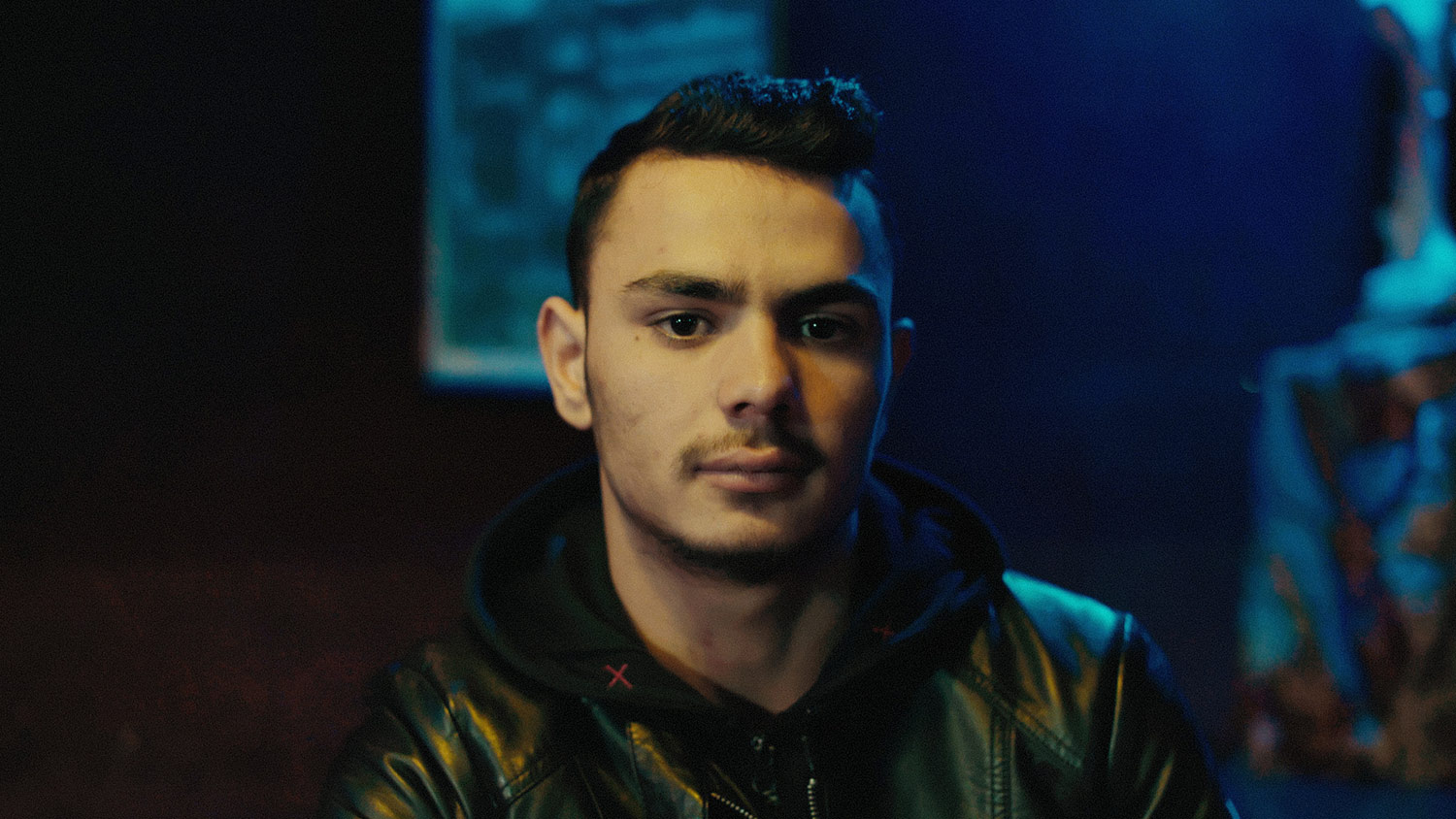
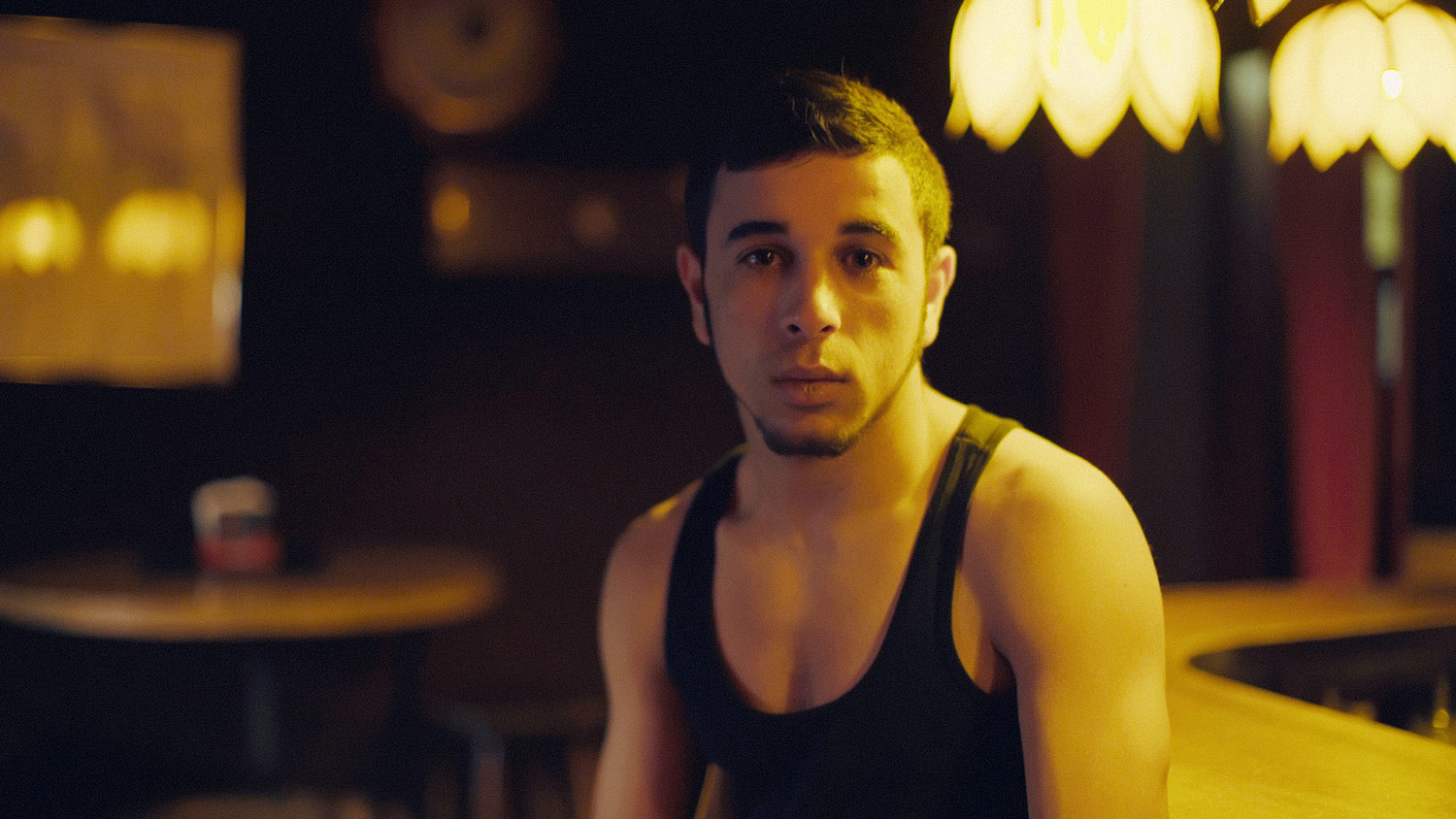
SYNOPSIS
What are you up to tonight? Do you want me? We could have fun together …
Seven Romanian male-to-male sex workers in Berlin have their portraits taken as they listen and react to recordings of their own experiences. By turning the process of exploitation into a spectacle, the camera becomes a client highlighting the inevitable performativity of such power relations. Manuel Abramovich is currently guest of the DAAD Artists-in-Berlin Program
More about the Film you can find here.
